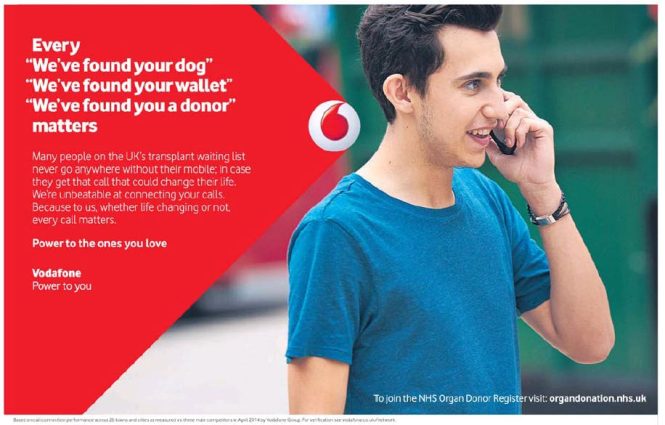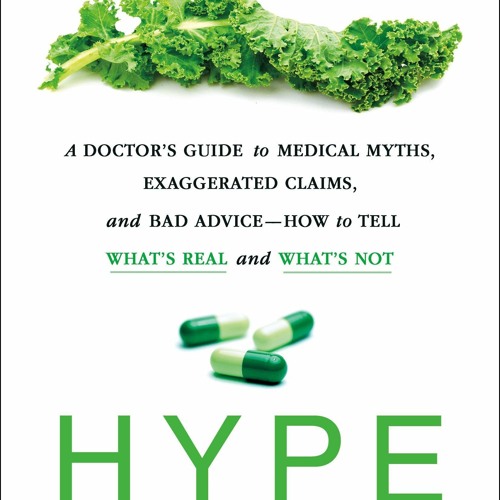

Vitamin marketing hype is rampant in today’s market, overwhelming consumers with promises of quick fixes and incredible benefits. This article dives deep into Vitamin Marketing Hype: Spotting Exaggerated Claims and Misleading Information, equipping you with the tools to dissect marketing tactics and identify misleading information regarding vitamin supplements. We’ll explore the common tricks used to promote these products, examine misleading health claims, and ultimately, help you make informed choices when considering vitamin supplements. We’ll cover the prevalence of marketing hyperbole, how to recognize misleading claims, the crucial role of fact-checking, and actionable steps you can take to make savvy decisions. This article is structured to equip you with the skills to avoid being caught in the web of marketing hype.
Recognizing the Prevalence of Marketing Hyperbole
Unpacking the Tactics of Misleading Advertising
The supplement industry often employs persuasive marketing techniques to attract and maintain customer interest. These tactics frequently exaggerate the benefits of vitamin products, making them seem like miracle cures. Often, claims about significant health improvements aren’t substantiated by rigorous scientific evidence. The focus frequently shifts towards emotional connections rather than factual data, which can manipulate consumer perception. Examples of these exaggerated claims might include promises of rapid weight loss, enhanced athletic performance, or even claims of preventing serious diseases with little or no rigorous scientific proof. This hyperbole often clouds the judgment of potential consumers, making it difficult to distinguish between actual benefits and mere marketing hype.
Examining the Science Behind the Claims
Scrutinizing the scientific validity of claims is crucial when evaluating the effectiveness and safety of vitamin supplements. Marketing materials frequently make bold assertions without providing sufficient or credible evidence. While vitamins can play a vital role in maintaining overall health, it is essential to seek out sources that offer comprehensive and evidence-based data. Often the scientific evidence behind claims is weak or non-existent, and this is a red flag.
Identifying Misleading Health Claims
Deconstructing Promotional Language
The language used in vitamin marketing can often be vague and misleading. Words like “clinically proven”, “scientifically backed”, and “proven effective” are frequently thrown around, but rarely backed by robust scientific evidence. These vague phrases often lack specific details or scientific citations, allowing the consumers to interpret them according to their own needs and desires. Carefully scrutinize the language used, looking for these phrases and demands for more clarification and evidence, especially when they aren’t supported by verifiable, scientific references.
The Role of Testimonials and Anecdotes
Testimonials and anecdotal evidence, while seemingly convincing, should be viewed with skepticism. Personal experiences, regardless of how compelling they might seem, do not constitute scientific proof of efficacy. Always require the supplier of supplement products to back their claims with verifiable results, and to have independent studies conducted.
The Importance of Fact-Checking
The Role of Credible Sources in Information Evaluation
Verifying information is paramount when assessing vitamin marketing claims. Seek out reputable sources, including scientific journals, government health organizations, and trusted medical professionals. Comparing information across multiple, verified sources helps build a stronger foundation for informed choices. The use of high-quality scientific studies is essential, and the inclusion of independent verification or reviews from respected institutions greatly contributes to a more balanced evaluation of these products.
Recognizing Potential Conflicts of Interest
Keep a keen eye out for potential conflicts of interest. Marketers may be more inclined to highlight particular aspects of a product that benefit their sales if they are not independent. Look for any potential conflicts of interest that may affect their objectivity or create an incentive to promote specific viewpoints. Scrutinizing potential financial or personal motivations behind a product’s promotion is extremely important. Do thorough research on the origin and credibility of sources.
Actionable Steps for Consumers
Empowering Yourself to Make Wise Choices
To avoid falling prey to marketing hype, adopt a proactive approach. Instead of relying solely on promotional materials, research vitamins and supplements through reputable sources. Cross-reference information from various evidence-based sources to establish a more comprehensive understanding.
Consulting Healthcare Professionals
Consulting healthcare professionals is essential before starting any new supplement regimen. Their expertise can help guide you towards appropriate choices based on your specific health needs and conditions. This step helps to prevent unintended interactions and ensures safe and effective use of the supplements.
Conclusion
Responsible Consumption of Supplements
By understanding the nuances of vitamin marketing, you can become a more discerning consumer of health and supplement products. Understand that marketing hyperbole often overstates the benefits of these products. Be wary of extravagant claims and instead, prioritize a balanced diet and consult medical professionals before introducing supplements into your routine. Thorough research and collaboration with your doctor is essential to ensure safe and informed choices. Making informed decisions involves more than just trusting marketing; it requires critical analysis, verification, and a deep understanding of both the health benefits and the limitations of various supplements.
FAQ
What are some common red flags to look out for in vitamin marketing?
Look for vague or exaggerated claims, lack of scientific evidence, the prominence of testimonials over scientific studies, and a lack of transparency regarding potential conflicts of interest. Spotting these red flags can help you avoid falling for marketing hype. Be on the lookout for unsubstantiated claims about significant health benefits, and remember that personal testimonies are not a substitute for rigorous scientific studies.
How can I determine if a vitamin supplement is right for me?
Consult with a healthcare professional to determine whether a vitamin supplement is genuinely necessary for your specific needs. Your doctor can assess your overall health and recommend appropriate supplements based on your diet and health conditions, or suggest alternative approaches if they believe a vitamin supplement isn’t necessary. Consulting a professional is a critical step in ensuring you are making the right decisions concerning your health and well-being.
In conclusion, navigating the vitamin marketing hype requires a critical eye and a willingness to seek out credible information. By understanding how marketing tactics manipulate perceptions, you can make informed decisions about which supplements are truly beneficial and which are just misleading advertisements. Don’t fall prey to exaggerated claims; instead, prioritize research, consult healthcare professionals, and focus on a balanced diet to support your overall well-being. Ultimately, responsible consumption is key to reaping the actual benefits of vitamin supplements and avoiding the hype.